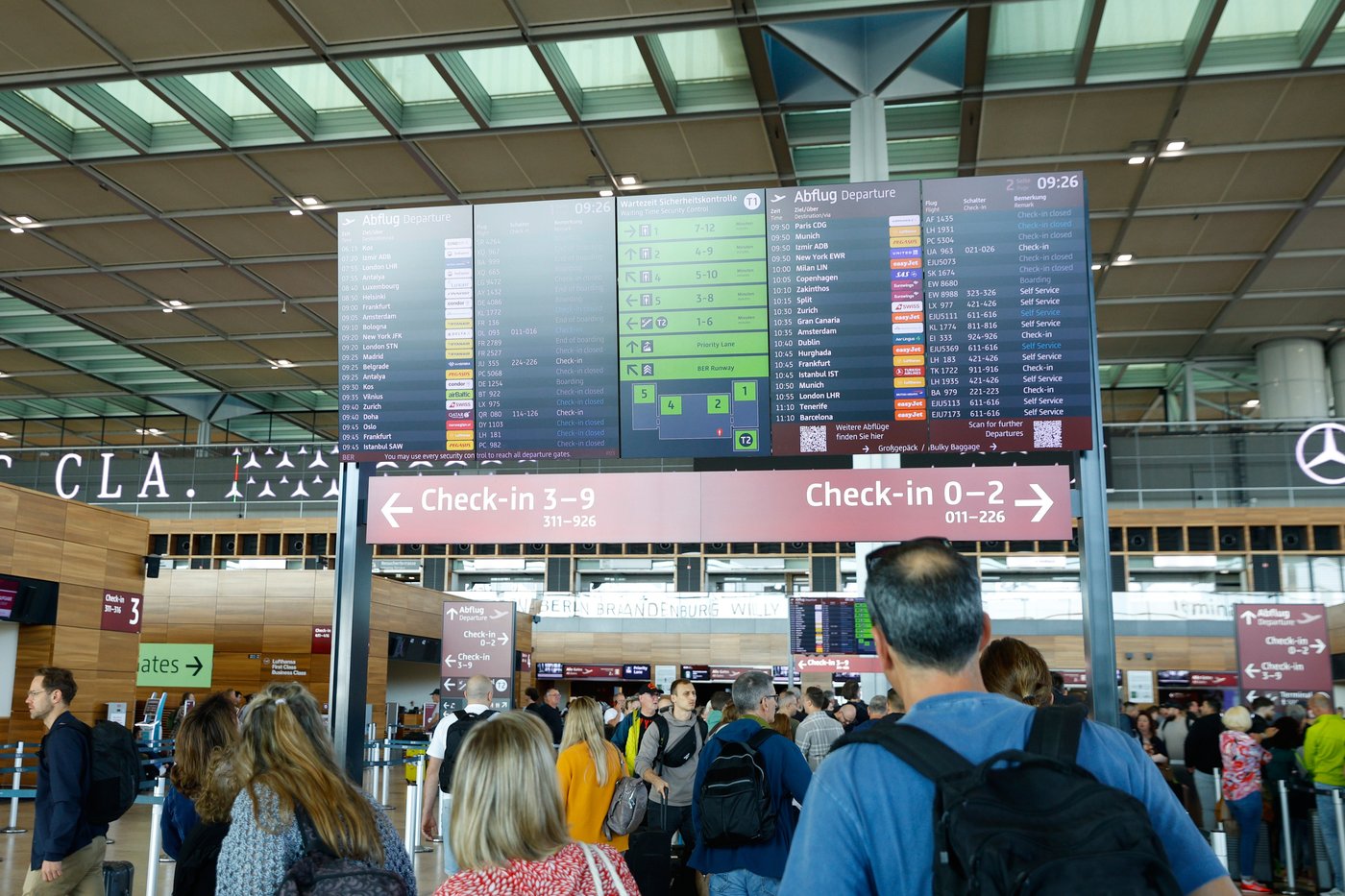Introduction
In recent times, the aviation sector has faced an alarming rise in cyber attacks, with European airports becoming prime targets. These incidents not only threaten the security of sensitive passenger data but also disrupt crucial airport operations, raising concerns about the resilience of critical infrastructure. As air travel resumes its pre-pandemic levels, the urgency to address these vulnerabilities in the cybersecurity framework has never been more crucial.
Recent Incidents
The latest report from the European Union Agency for Cybersecurity (ENISA) indicates a staggering increase in cyber incidents affecting airports across Europe. Notably, the UK’s Manchester Airport and Belgium’s Brussels Airport experienced significant breaches earlier this year. In Manchester, a ransomware attack temporarily halted flight operations, leading to considerable delays and chaos as technicians scrambled to contain the malware. Similarly, Brussels Airport faced disruptions due to a sophisticated phishing attack aimed at airport personnel, which led to unauthorized access to internal systems.
The Impact on Operations
The direct impact of these attacks extends beyond mere data breaches; they can significantly disrupt airport operations. Each incident contributes to operational inefficiencies, increased passenger dissatisfaction, and financial losses. According to recent data, the global aviation sector could face losses upwards of €3 billion due to cyber-related incidents if these vulnerabilities are not addressed. Moreover, the potential for identity theft and data exploitation poses severe risks to passenger privacy.
Measures and Recommendations
In response to this growing threat, multiple leading cyber security firms have urged European airports to bolster their defenses. Key recommendations include implementing advanced threat detection systems, conducting regular security audits, and fostering a culture of cybersecurity awareness among staff. Collaboration between airport authorities and national cybersecurity agencies is also essential to establish a robust response strategy and share crucial threat intelligence.
Conclusion
As European airports grapple with the implications of cyber attacks, it is evident that a proactive approach to cybersecurity is paramount for safeguarding both operational integrity and passenger safety. Stakeholders must invest in cutting-edge technology and training to fortify defenses against future attacks. The implications of failure are too significant to ignore, highlighting a crucial need for urgent and sustained action from all involved in the aviation sector. Only through collective efforts can airports enhance their resilience to the evolving landscape of cyber threats.


